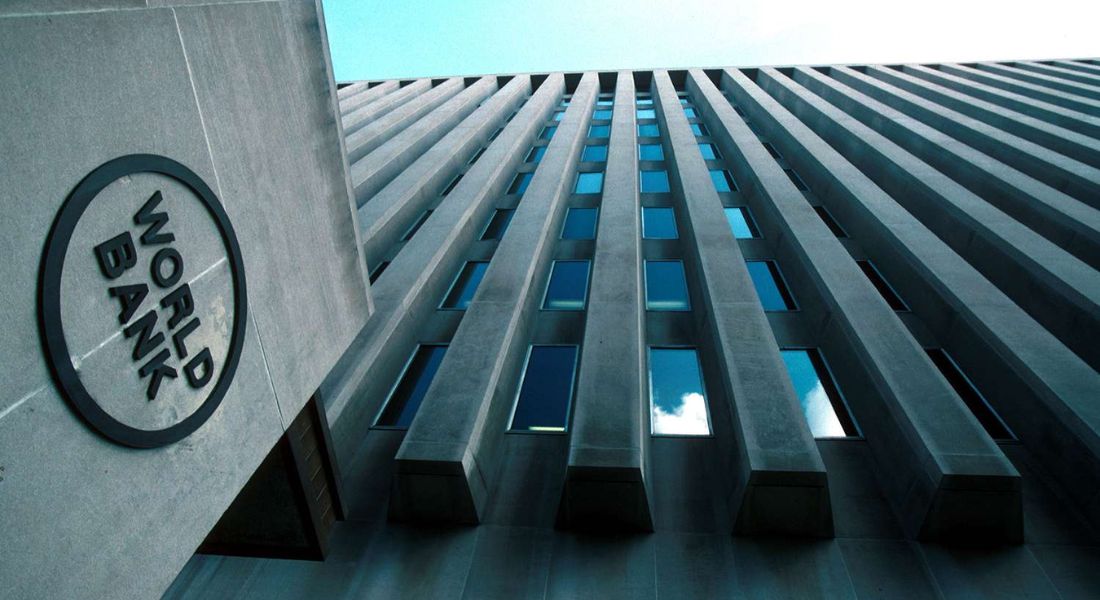From the Africa economic outlook, growth in Sub-Saharan Africa is set to slow from 3.6% in 2022 to 3.1% in 2023, according to the latest Africa’s Pulse, the World Bank’s April 2023 economic update.
Notably, economic activity in South Africa is set to weaken further in 2023 (0.5% annual growth) as the energy crisis deepens.
On the other hand, while the growth recovery in Nigeria for 2023 (2.8%) is still fragile as oil production remains subdued.
The real Gross Domestic Product (GDP) growth of the Western and Central Africa sub region is will decline to 3.4% in 2023 from 3.7% in 2022.
Moreover, that of Eastern and Southern Africa is likely to decline to 3.0% in 2023 from 3.5% in 2022.
“Weak growth combined with debt vulnerabilities and dismal investment growth risks a lost decade in poverty reduction,” said Andrew Dabalen, World Bank Chief Economist for Africa.
He also said, “Policy makers need to redouble efforts to curb inflation, boost domestic resource mobilization, and enact pro-growth reforms—while continuing to help the poorest households cope with the rising costs of living.”
Africa’s Debt burden
Debt distress risks remain high with 22 countries in the region at high risk of external debt distress or in debt distress as of December 2022.
Unfavorable global financial conditions have increased borrowing costs and debt service costs in Africa, diverting money from development investments and threatening macro-fiscal stability.
From the Africa economic outlook, high inflation and low investment growth continue to constrain African economies as it is set to remain high at 7.5% for 2023, and above central bank target bands for most countries.
Despite these challenges, many countries in the region are showing resilience amidst multiple crises.
These include Kenya, Ivory Coast, and the Democratic Republic of Congo (DRC) who grew at 5.2%, 6.7%, and 8.6% respectively in 2022.
On the other hand, in the DRC, the mining sector was the main driver of growth due to an expansion in capacity and recovery in global demand.
“Metals and minerals will be needed in larger quantities for low carbon technologies like batteries—and with the right policies—could boost fiscal revenues, increase opportunities for regional value chains that create jobs, and accelerate economic transformation,” said James Cust, World Bank Senior Economist.
Investing in Africa
Investment growth in Sub-Saharan Africa fell from 6.8% in 2010-13 to 1.6% in 2021, with a sharper slowdown in Eastern and Southern Africa than in Western and Central Africa.
The report finds that countries could potentially more than double the average revenues that they currently collect from natural resources.
Tapping these fiscal resources in the form of royalties and taxes while continuing to attract private sector investment requires the right kinds of policies, reforms, and good governance.
The report says that maximizing government revenues derived from natural resources would offer a double dividend for people and the planet by increasing fiscal space and removing implicit production subsidies.


